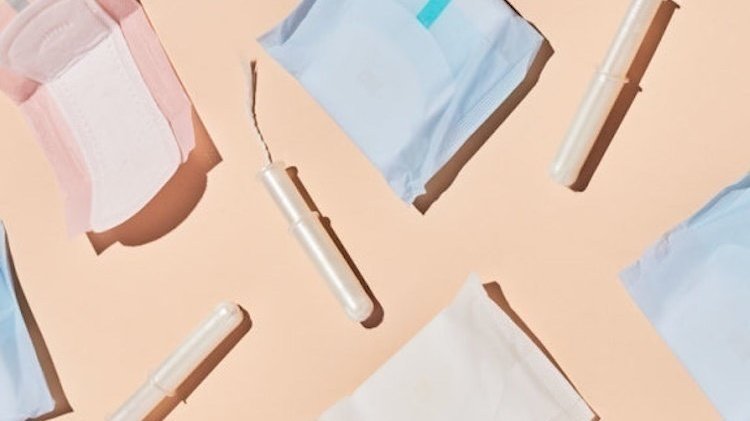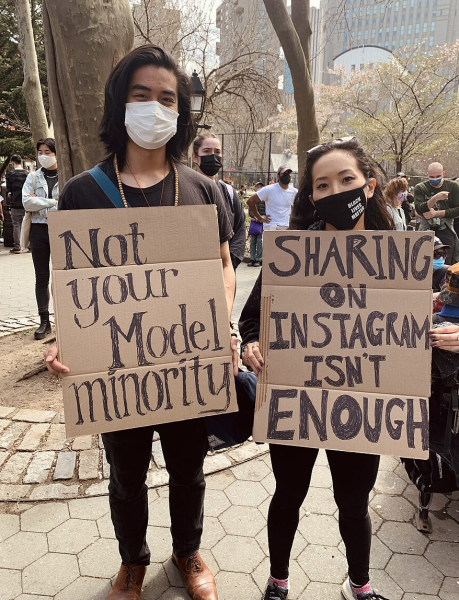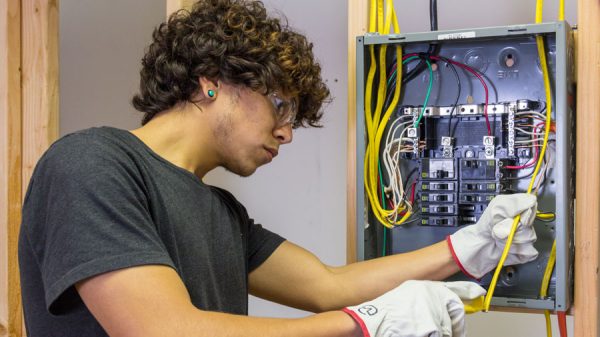Menstruation products should be free
Women should have access to free mensuration products in public spaces
March 28, 2021
A woman’s worst nightmare: her period leaks in public, staining her underwear and pants. How many times have women rushed to the nearest bathroom stall surrounded by strangers, without a choice but to line her underwear with toilet paper and endure the remainder of the day with a constant reminder of her time of the month? Countless. A survey conducted in 2019 by the New York Post with a sample size of 2,000 women (aged 18-55) discovered that 49 percent of women have a deficiency of sanitary products, menstrual education, toilets, hand-washing facilities and/or waste management. If menstrual products were free and accessible in public restrooms, how would women be saved daily?
In a survey from Plan Canada International, almost 75% of women are reported to miss work for reasons related to their periods, such as not having the supplies they needed.
If you think that’s bad, it gets worse.
The average woman spends $159 yearly ($13.25 a month) on menstrual products — that’s $6,360 in an average woman’s reproductive lifetime. A study conducted by HealthDay concluded that almost two-thirds of low-income women in St. Louis, Missouri were unable to afford menstrual hygiene products. According to Dr. Sheila Wijayasinghe, a women’s health expert on CTV’s “The Social,” “Period poverty is a real thing in which everyone who has a period—women, trans, and intersex individuals—all suffer stigma of menstruation. The inability to afford sanitary products is more common than we realize and affects people’s health.”
Free access to tampons and pads in public bathrooms would reduce this problem and allow all women access to the products they need.
By making menstrual products free and accessible in all public bathrooms, women would save money on the cost of pads, tampons, underwear and the waste that goes along with it. Offering free and accessible period products can help women save up to $5,000 in their lifetimes, decrease stress on women’s shelters and lower waste. These standards can better support developing countries in the fight for period equality in Western countries.
If women don’t have to pay for toilet paper and paper towels in public bathrooms, they shouldn’t have to pay for menstrual products either. All women should have access to hygienic products in order to prevent serious health issues and allow them to save money.












